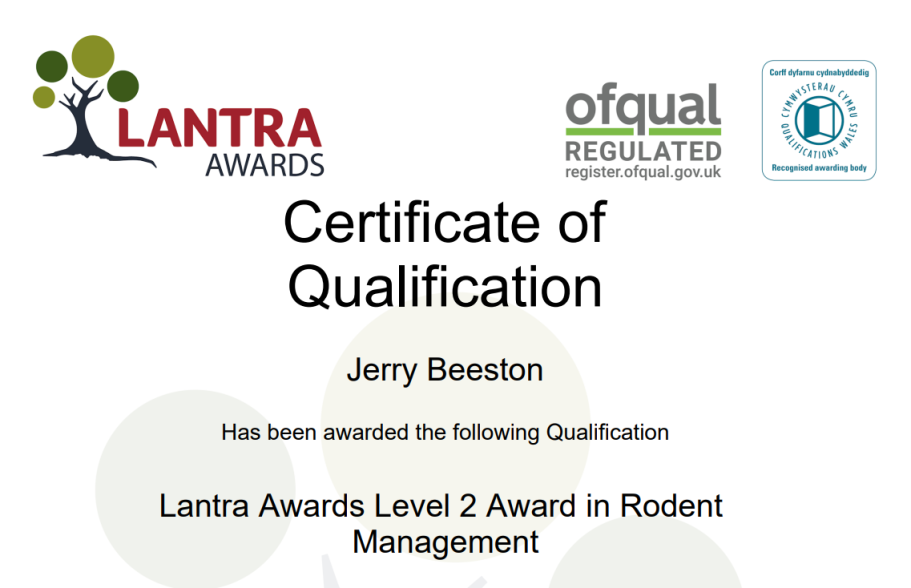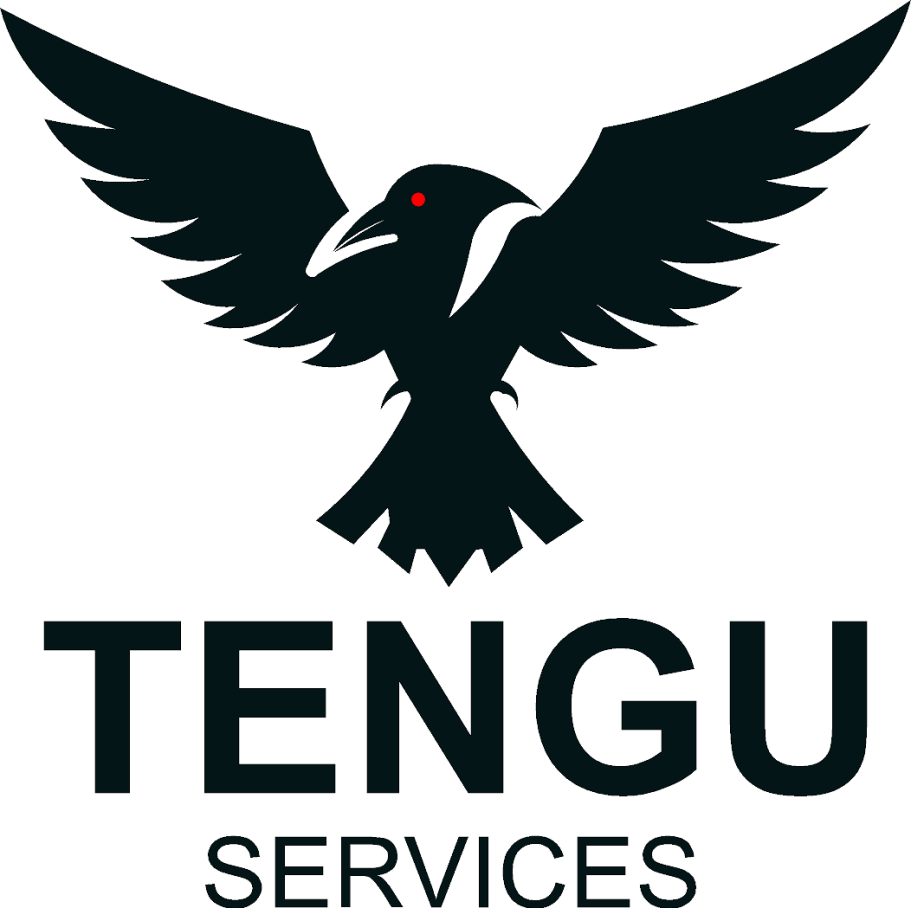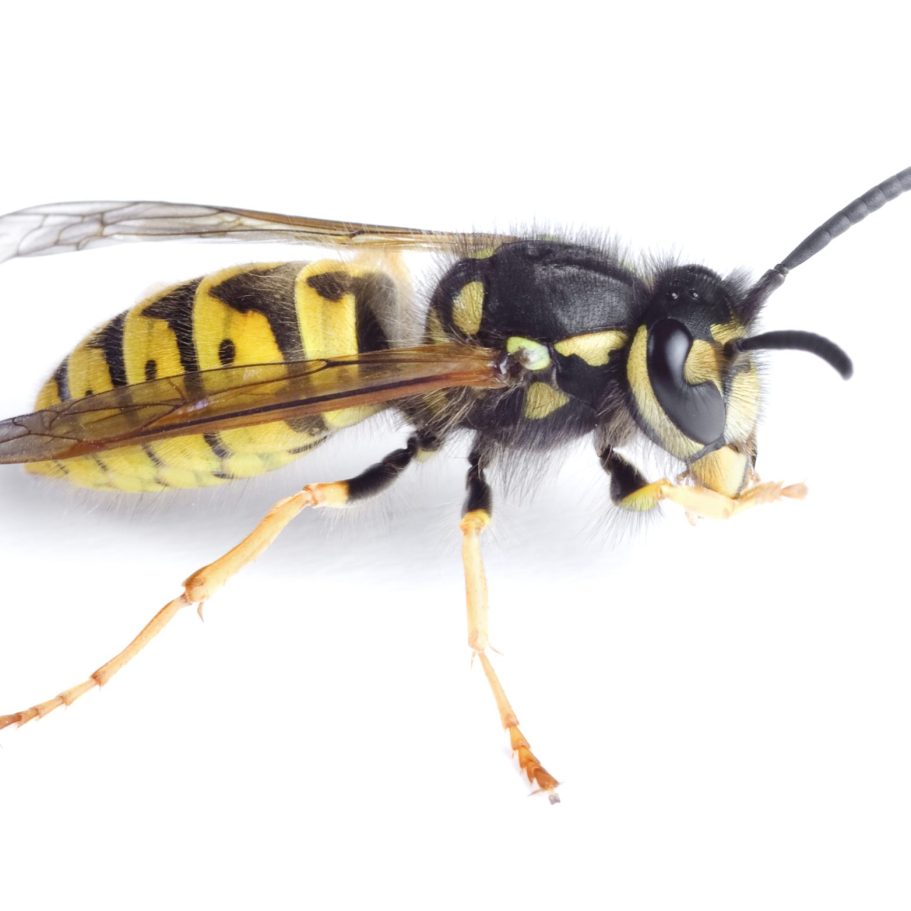Wildlife Management
Maintaining Balance
Adopting an ethical and ecological approach to pest control is our ethos. It involves using methods that are not only effective but also sustainable and humane. This can include employing biological pest control agents, utilizing natural repellents, or implementing integrated pest management (IPM) strategies that minimize environmental impact. Such practices reflect a commitment to preserving the ecosystem while maintaining public health and safety standards.
Rabbit control
Our professional rabbit control services offer expertise and experience that can be crucial in effectively managing rabbit populations. We use a combination of traditional and modern techniques to ensure that the problem is addressed comprehensively and humanely. Whether you need a one-time treatment or ongoing management, we can provide the solutions you need to protect your property and maintain a healthy environment.
For more information or to schedule a consultation, you can contact us using the link below.
free assessment and quote
Rodent control
Effective rodent control is crucial for a safe and healthy environment. Rodents can damage property and cause electrical fires by gnawing on materials and wiring.
They also carry diseases like Hantavirus and Leptospirosis, posing health risks. Implementing control measures prevents disease spread, reduces structural damage, and avoids economic losses.
Modern methods are more humane and eco-friendly, balancing effectiveness with ecological responsibility.

Flying and Biting Insects
Wasp and hornet control is important yet complex due to their ecological roles. They prey on pests, reducing the need for pesticides, and aid in pollination, supporting biodiversity. Ecologically, they help improve crop yields by reducing pests. However, control is needed when nests are near human activity to prevent stings. Our methods balance safety with the ecological benefits these insects provide.
Deer Management
In the context of deer management in the UK, landowners are encouraged to adopt both passive and active control strategies to effectively manage deer populations on their properties. Passive control methods, such as improved habitat management and fencing, can enhance the natural balance of the ecosystem while reducing deer-related damage. On the other hand, active control measures, which may include culling. Fortunately, many of these management strategies can be implemented at little to no cost to the landowners, as they often work in collaboration with local wildlife agencies and conservation groups. This integrated approach helps ensure the sustainability of deer populations while safeguarding agricultural interests and biodiversity.
Free to landowners

Grey Squirrel
Grey squirrel management is a significant aspect of wildlife conservation in the UK, particularly due to the impact these animals have on native red squirrels and woodland ecosystems. Since their introduction in the late 19th century, grey squirrels have proliferated and are known to cause considerable damage to trees by stripping bark, which can lead to timber deformation and tree death. Effective management strategies include habitat modification, controlled culling, and the use of specialized equipment for trapping. Research is ongoing to develop humane and sustainable control methods, such as fertility control or the promotion of tree species less susceptible to damage. For those involved in woodland management or conservation, understanding and implementing these strategies is crucial for maintaining the balance of native species and ensuring the health of forested areas.
Can be charged as a per visit fee of as part of a control contract contact us for more information
Fox Management
Fox management benefits agriculture by controlling rodents and rabbits, which damage crops. A single fox can consume over a thousand voles in winter, saving grasslands from overgrazing and translating into economic savings. In the UK, foxes could save agriculture millions annually by reducing crop damage. They also help maintain ecological balance by preying on vermin. However, the management of fox populations must be balanced with conservation efforts, as they are also a part of the biodiversity that sustains the environment. Effective fox management can lead to a win-win situation where agricultural interests are protected while preserving the ecological integrity of the countryside.
Can be charged as a per visit fee of as part of a control contract contact us for more information
©Copyright 2024. All rights reserved.
We need your consent to load the translations
We use a third-party service to translate the website content that may collect data about your activity. Please review the details in the privacy policy and accept the service to view the translations.






